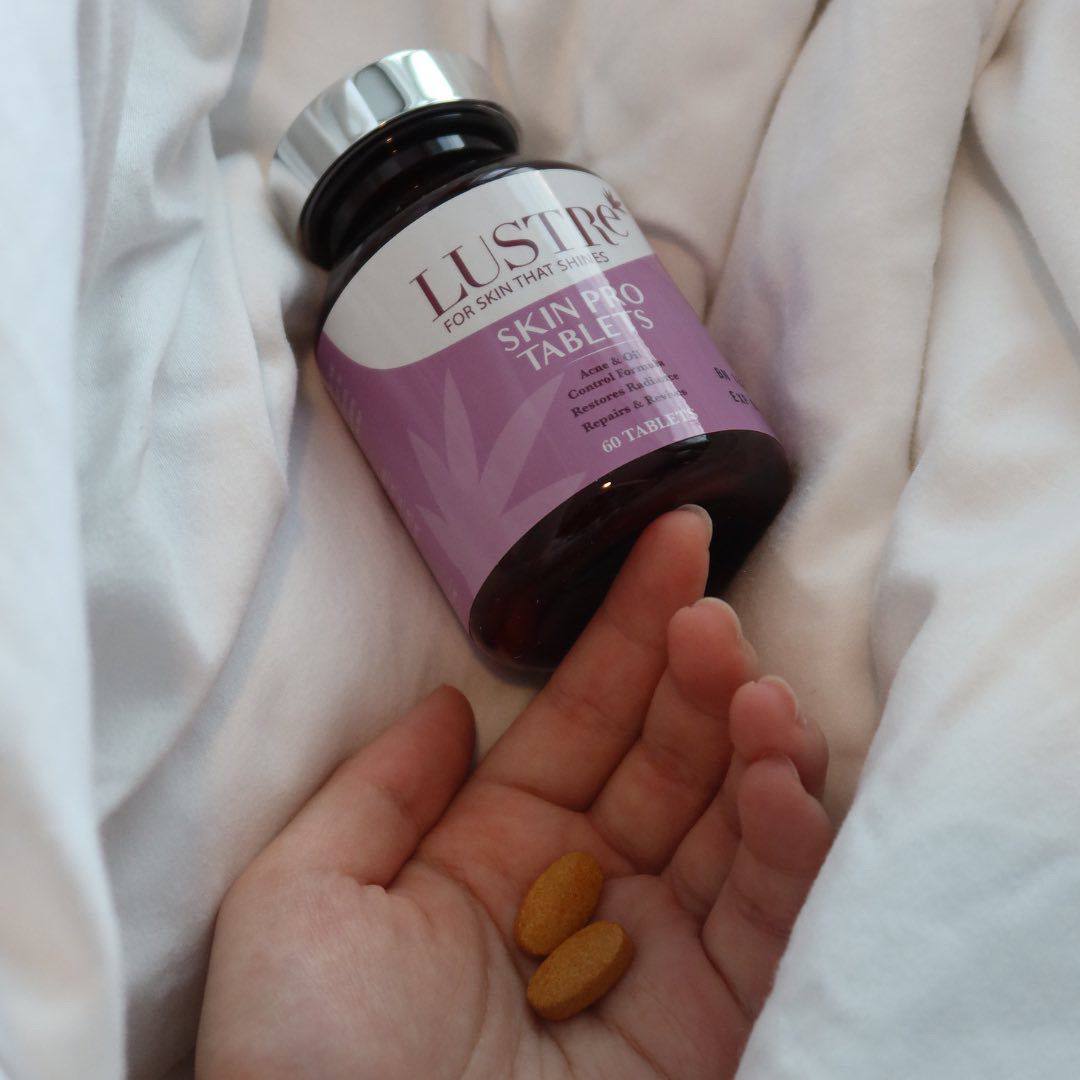The Surprising Side Effects of Low Vitamin D3 No One Talks About

You’ve probably heard of Vitamin D3 as “the sunshine vitamin.” But what if we told you that its role in your body goes far beyond just bone health? And more importantly, what if some of the symptoms you’ve been brushing off — like fatigue, low mood, frequent colds, or even poor sleep — are actually signs that you might be running low on this critical nutrient?
The scary part? Many people are deficient in Vitamin D3 without even knowing it. And the symptoms aren’t always obvious — or directly connected to what most would suspect.
Let’s unpack the hidden side effects of low Vitamin D3 levels, how it quietly affects multiple systems in your body, and why paying attention to it could be the missing link in feeling your best.
First, what exactly is Vitamin D3?
Vitamin D3 (cholecalciferol) is a fat-soluble vitamin that your body naturally makes when your skin is exposed to sunlight. It's also available in some foods and supplements. It helps your body absorb calcium and phosphorus, making it vital for strong bones and teeth.
But beyond that, Vitamin D3 is also a hormone-like substance that affects hundreds of genes and interacts with nearly every tissue in your body — including your brain, muscles, immune system, and heart.
Now let’s get into the side effects of not getting enough of it.
1. You're Constantly Tired — Even After a Good Night’s Sleep
This is one of the most commonly overlooked signs of Vitamin D3 deficiency. If you’re sleeping enough but still feel like you’re dragging yourself through the day, your body might be missing D3. It plays a key role in energy metabolism and mitochondrial function (the “batteries” of your cells). Without it, your cells can’t efficiently produce energy — leaving you fatigued even when you're technically well-rested.
2. You’re Getting Sick More Often Than Usual
Your immune system relies heavily on Vitamin D3 to function properly. In fact, D3 activates key immune cells like T-cells and macrophages that help your body defend against bacteria and viruses. Studies have shown that low D3 levels are linked to higher rates of colds, flu, and even autoimmune conditions. If you're catching every bug that’s going around — your immune system might be asking for help.
3. Achy Bones and Muscle Weakness
A lot of people assume that joint pain or sore muscles are just part of aging, but these could also be signs of D3 deficiency. Because this vitamin is crucial for calcium absorption, low levels may lead to muscle weakness, discomfort, and even soft bones (osteomalacia) in adults. It’s particularly common in women after the age of 30.
4. You're Struggling with Low Mood or Brain Fog
One of the lesser-known but most researched areas of Vitamin D3 is its connection to mental health. D3 affects serotonin levels in the brain, which influence mood, memory, and mental clarity. People with low D3 often report symptoms like mild depression, anxiety, brain fog, or simply feeling "off." A growing number of studies suggest that supplementing with D3 may improve mood and cognitive performance — especially during cloudy or indoor-heavy months.
5. Poor Sleep Quality
Recent research has found a link between Vitamin D3 and melatonin, the hormone that regulates your sleep-wake cycle. Low levels of D3 may disrupt this rhythm, leading to lighter, more restless sleep — or even insomnia. So if you're tossing and turning at night or waking up feeling unrefreshed, D3 might be worth checking.
6. Hair Loss and Skin Dryness
Yes, even your skin and scalp can suffer. Vitamin D3 plays a role in skin cell turnover and immune function in the scalp. Low levels may contribute to inflammatory skin conditions like eczema or psoriasis and have been associated with hair thinning or shedding — especially when combined with stress or hormonal changes.
7. Slower Wound Healing and Increased Inflammation
If cuts, scrapes, or bruises seem to take forever to heal, that could be a sign of low D3. It helps regulate inflammation and is essential for tissue repair. Chronic deficiency can even increase the risk of inflammatory conditions like rheumatoid arthritis or IBS, where immune dysregulation is involved.
So, why are so many people deficient?
Here’s the kicker — you don’t need to live in a cold country to have low D3 levels. In fact, it’s surprisingly common in tropical regions like Singapore too.
Reasons include:
-
Indoor lifestyle: Most people spend their days in offices, malls, or under shade.
-
Sunscreen use: Important for skin protection, but blocks Vitamin D synthesis.
-
Skin pigmentation: Darker skin produces less D3 from the same sun exposure.
-
Age and diet: As we age, our skin’s ability to produce D3 drops. Plus, D3-rich foods like fatty fish, liver, or egg yolks aren’t common staples for many people.
How do you know if you're low?
Many symptoms are subtle or overlap with other issues, so the best way is to get a blood test. But if you experience a mix of the signs mentioned above — especially fatigue, mood shifts, poor sleep, or low immunity — it’s worth taking action before it becomes a long-term health issue.
What can you do?
You can always start with small lifestyle changes — like getting safe sun exposure, eating more D3-rich foods, or exercising outdoors. But for many, especially those with busy schedules or limited sun time, supplementing is the most practical and consistent option.
That’s where a daily vitamin support like Bodigard VitastixC fits in naturally. It’s a convenient stick-based supplement designed to top up your daily Vitamin C and D intake — two essential nutrients that work hand-in-hand to support your immunity, energy, and bone health. It’s easy to carry, quick to consume, and perfect for anyone who wants to feel more balanced and resilient every day.
Bottom Line
Vitamin D3 deficiency is more common than most people realise, and its effects go far beyond bones. From chronic tiredness and frequent colds to poor sleep and low mood, low D3 levels could be quietly affecting your quality of life. The good news? It’s simple to support your body with the right nutrients — and when you do, you’ll likely notice the difference in ways you didn’t expect.
Explore how Bodigard VitastixC can become part of your smarter daily routine — because better energy, sleep, and immunity should never be optional.





